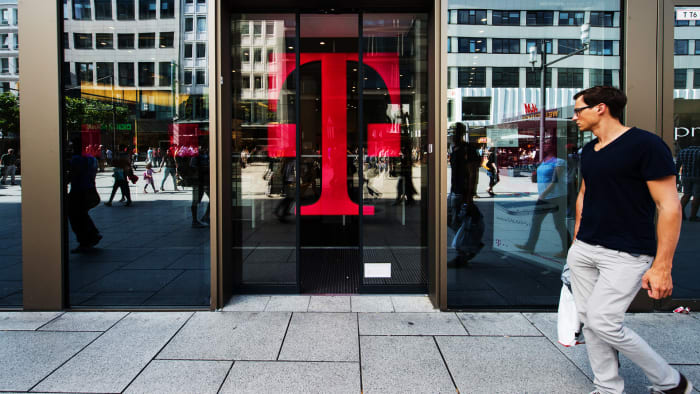Comcast (CMCSA) – Get Free Report struggles whenever it faces actual competition. That’s because the cable and internet giant enjoyed a monopoly in most of its markets by intentional design.
Back in the 1980s, every community wanted to have cable television but that required a lot of expensive infrastructure. Comcast and other companies went to those cities and towns and offered to spend the money needed to wire them for cable in exchange for exclusivity.
It was a devil’s bargain, but at the time it was the only way to bring cable across the nation and it was probably a deal most communities had to make. There was no streaming cable because there wasn’t an internet yet, and phone-based DSL cable was still years away.
Comcast maintained a monopoly in many markets until technology evolved that made protecting that exclusivity — at least in cable TV — impossible. With internet service, however, many communities still only have one option for consumers but technology has slowly started to give people more options.
Satellite internet, even Elon Musk’s Starlink internet, isn’t price competitive with traditional service, but 5G home internet offers a viable alternative. T-Mobile TMUS has made a huge push into the home space with a bold deal that dramatically undercuts Comcast’s pricing, and the cable giant’s response is, predictable.
T-Mobile Makes a Major Move Into the Internet
T-Mobile offers internet over its 5G network while Comcast has a traditional wired system. That does mean that whether the phone carrier’s service works well enough for you will depend upon where you live much in the way phone service does.
If you live someplace that has a strong signal, 5G should allow you to stream video, go to Zoon meetings, and use the internet in the way you expect to. But, since performance can vary, T-Mobile gives customers 15 days to cancel their service and get their money back.
Aside from that, the Un-Carrier, as the company calls itself, offers a very straightforward pricing deal. The company charges new streaming customers $50 per month for internet service, a price it guarantees for as long as you maintain service,
“We’re not like Big Cable — we won’t raise your monthly price for home internet, ever. Keep your low price low at just $50/month with AutoPay, plus no annual contracts or additional monthly fees,” the company shared on its website.
Comcast Tries to Answer T-Mobile
On the surface, Comcast’s deal looks pretty similar. New home internet customers can get service for $55 a month, as long as they use autopay. That, however, is where the catches start coming in.
Comcast offers the $10 autopay credit if you set up your payment to come directly out of your bank account. If you choose to use a credit or debit card (the way most people pay most bills) you only get a $5 credit, which brings the charge to $5.
Asking for bank info, rather than accepting a credit or debit card, is an old gym trick designed to keep people from defacto-cancelling their membership when their card expires. It’s something that’s less convenient for customers which benefits the company solely.
That’s not the big catch, however, for that, you have to look at Comcast’s fine print. While T-Mobile guarantees its price forever, Comcast’s $55 or $60 a month deal ends after one year, then it automatically climbs to $82 (or $87 if you autopay with a credit or debit card) — a roughly 50% increase.
T-Mobile took huge market share in the phone space from AT&T and Verizon because those two companies used customer-unfriendly practices exactly like Comcast does. It seems very likely — especially as the company builds out its 5G network — that the same thing will repeat in the internet service space.
.
